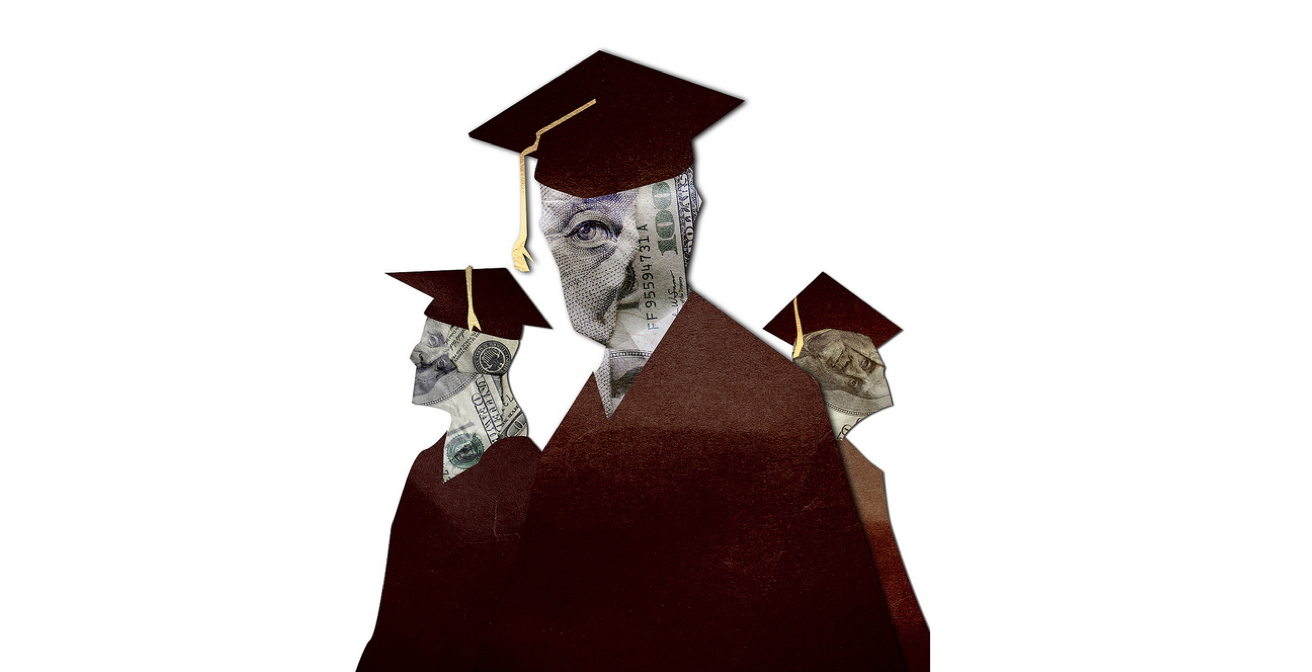
It was almost impossible to escape the call for Massachusetts to “be great” during the campaign of now-Governor Charlie Baker last fall. The campaign slogan followed Baker right to a Yankee Candle facility in Whatley this May, where the company presented him with a specially branded “Let’s Be Great Massachusetts” jar.
But for Massachusetts to truly be great, the Commonwealth has to stop underfunding its public higher education system, starting with UMass.
Massachusetts cut state funding per student by 36.3 percent between 2008 and 2014 and 31 percent between 2001 and 2013, the seventh most of all states. With budget negotiations continuing, exactly how much funding UMass will receive next year remains in limbo. Administrators requested over $578 million, but the House proposal is just $519 million, while the Senate budget provides almost $538 million. To Baker’s credit, he proposed $526.5 million, more than the Democrat-controlled House.
Related: Why Does UMass Cost So Much?
But all of the current proposals move UMass away from 50 percent state funding and 50 percent from tuition and fees charged to students and their families, often called the “50/50” plan. UMass received 85 percent of its funding from the state during the 1960s, and that reduced commitment is largely responsible for higher student costs, according to the Massachusetts Daily Collegian
After a June 10 meeting of UMass trustees, the system is poised to raise fees for undergraduates on all campuses next year because they don’t think UMass will receive enough state funding. The state budget is already in conference, which means legislators are stuck negotiating between $519 million and $538 million, neither of which is enough to protect students from fee increases.
Members of the conference committee must protect students and Bay State families by accepting the Senate budget allocation and making sure any fee increases are as small as possible.
Too often, friends from UMass have to request donations through crowdfunding sites like GoFundMe or YouCaring just to stay in school. I’ve had to share these requests many times on social media, and I’m rarely in a position to donate.
Maija Ross-Hall is one of the students UMass loves to tout. According to her YouCaring page, she is a junior with two majors who will be the president of the Black Student Union and a director in the main student advocacy group on campus. She was also a representative of the United States Student Association at a “debt-free college” advocacy event last week, at which she shared the podium with U.S. Senators Elizabeth Warren, Chuck Schumer and Brian Schatz.
But even with scholarships and loans, Ross-Hall has to pay thousands of dollars out-of-pocket. She needs to raise more than $6,000 just for the fall semester, a number that will only grow with the proposed fee increases.
Some of my friends at UMass have had to make a choice between paying for school and putting food on the table. They almost always choose to stay in school.
Over the past month, UMass Amherst undergrads came together to combat an additional $250 per year technology fee. After that fee passed through committee last week, the advocacy group expanded its fight to limiting the amount of all cost increases for students.
In a Change.orgpetition with over 1,400 supporters, the Student Administration Accountability Coalition, which began advocating for students earlier this year, argued that following “the well-travelled path” of increasing student fees isn’t innovative. Instead, they say UMass should advocate for more state funding and highlight the system’s massive economic benefit:
“The UMass system adds more than $6 billion to the Commonwealth’s economy, and UMass Amherst alone adds nearly $2 billion. Why aren’t we making it clear that such a powerful growth engine deserves a strong investment from the Commonwealth in return?”
Caret echoed these sentiments in his Globe op-ed.
“I fervently hope that UMass will receive the support it deserves and needs in the years ahead — as an investment in UMass truly is an investment in the Commonwealth and its future,” he wrote.
When undergraduate activists and high-level administrators aren’t just on the same page, but writing the same sentence, Baker and the legislature must not ignore them.
Zac Bears is a freelance writer and recent graduate of the University of Massachusetts Amherst. He can be followed on Twitter @zac_bears.










